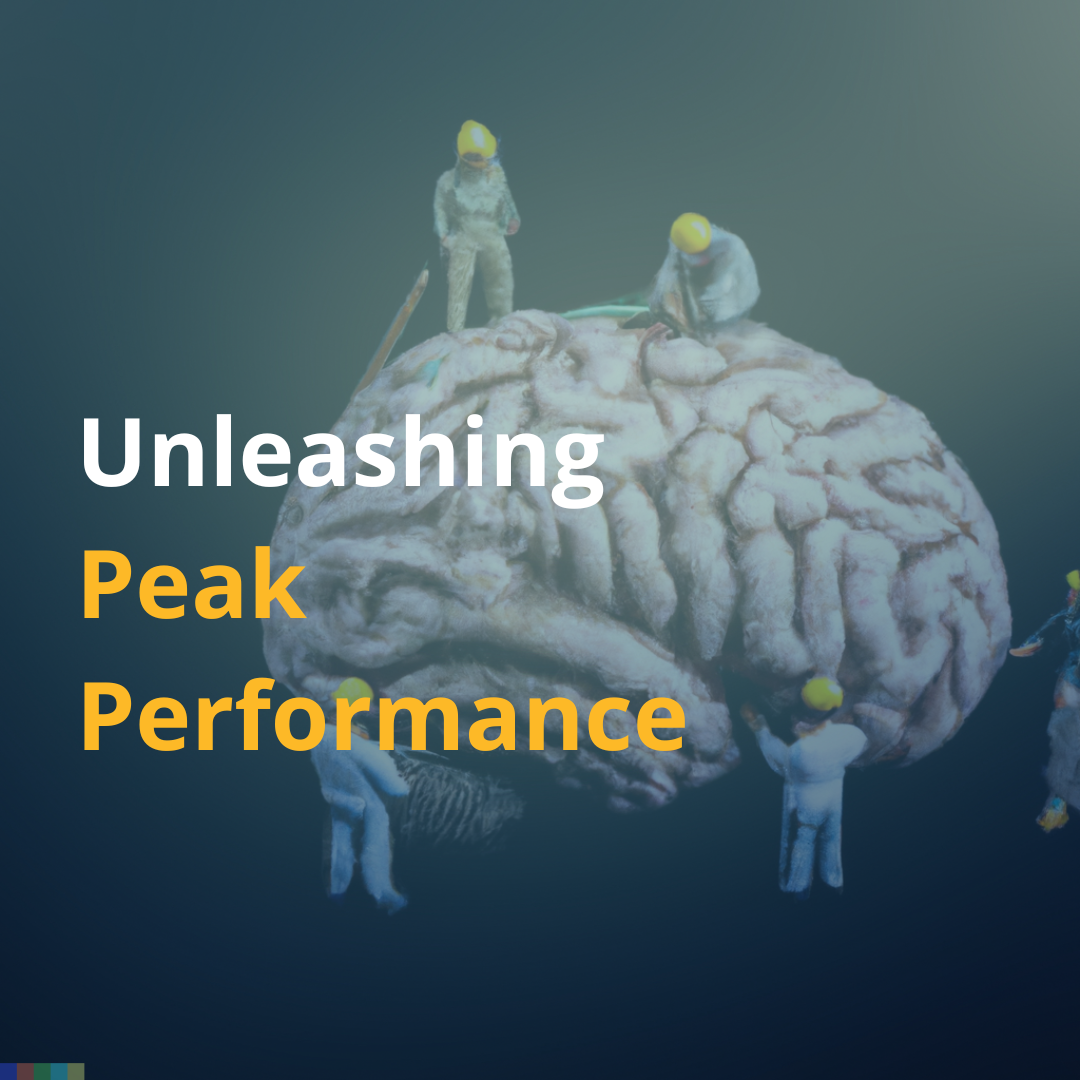Brainwave Dysregulation
Understanding the Causes and Consequences of Imbalanced Brainwaves
Our brains generate electrical signals known as brainwaves, which play a crucial role in our cognitive and emotional functioning. When these brainwaves are properly regulated, we tend to feel alert, focused, and productive. However, when they are dysregulated, it can lead to a range of mental and emotional health issues. Let’s take a closer look at what brainwave dysregulation is, why it happens, and how it can impact your mental and emotional health.
If you want to learn more about brainwaves, check out our blog on the topic here
What is Brainwave Dysregulation?
Brainwave dysregulation refers to an imbalance in the frequency, amplitude, or synchronization of brainwaves. Defining terms can help in understanding otherwise abstract terminology. Frequency refers to the speed of brainwaves and is measured in Hertz, which represents the distance between two peaks of brainwaves. Amplitude is the power of each brainwave, represented by the height of the peaks. Additionally, when sensors are placed on the exact opposite side of the head, covering the corresponding region on the other hemisphere, the frequency and amplitude of each hemisphere’s brainwaves should rise and fall together with similar amplitudes. If there is a large gap between the brainwave function of each hemisphere then we would say it is asynchronous, and therefore suboptimal.
The exact type of dysregulation can vary depending on the individual and the specific condition they are experiencing. The most common types of brainwave dysregulation include excessive slow-wave activity (such as delta or theta waves) or excessive fast-wave activity (such as beta or gamma waves). Each of these types of dysregulation would create a state of mind that is mismatched to the situation the person is currently experiencing. Maybe they’re trying to fall asleep but have excessive fast-wave activity and their mind begins racing. Or they are trying to study and acquire knowledge but too much slow-wave activity is causing a drowsy and lethargic state of mind.
When our brainwaves are chronically dysregulated, it can lead to a range of mental and emotional discomfort, such as anxiety, depression, attention deficit disorder (ADD), post-traumatic stress disorder (PTSD), and chronic pain. These symptoms can impact anyone and prevent them from being able to do their best. Even if you aren’t diagnosed with any mental or emotional health issues, an appropriately regulated brain can enhance cognitive function, improve focus, and promote overall well-being.
The Root Causes of Imbalanced Brainwaves
Brainwave dysregulation can be caused by various factors, including genetics, stress, trauma, nutritional deficiencies, and environmental toxins. Genetics can play a significant role in brainwave dysregulation, as some individuals may be born with a predisposition to certain types of dysregulation. For example, individuals with a family history of anxiety or depression may be more likely to experience dysregulated brainwaves that contribute to these mental health challenges.
Stress and trauma can also lead to brainwave dysregulation, as these experiences can disrupt the delicate balance of the brain's electrical activity. Chronic stress, in particular, can cause long-term changes in brainwave patterns, leading to a range of mental and emotional health issues.
Nutritional deficiencies, such as a lack of essential vitamins and minerals, can also contribute to brainwave dysregulation. For example, a deficiency in magnesium or vitamin D can impair brain function and lead to dysregulated brainwaves.
Environmental toxins, such as pesticides or heavy metals, can also disrupt brainwave activity and lead to dysregulation. Exposure to these toxins can occur through contaminated food, water, or air, and can have a significant impact on brain health.
Lifestyle choices like poor sleep, lack of exercise, and an unhealthy diet can all impair brain function and lead to dysregulated brainwaves.
By addressing these root causes, individuals can work towards rebalancing their brainwaves and improving their mental and emotional health. This may involve making lifestyle changes, such as improving sleep hygiene, increasing exercise, and eating a healthy diet. In some cases, individuals may also need professional help to address underlying medical conditions or neurological disorders that are contributing to their brainwave dysregulation.
How You Can Address Brainwave Dysregulation
Brainwave dysregulation can impact various facets of our well-being, but with the right approach, it can be managed. By seeking expert assistance, embracing healthy lifestyle habits, and harnessing the power of clinical-grade neurofeedback systems, individuals can work towards achieving optimal brainwave synchronization and better overall mental health.
Seek professional help from a qualified practitioner who can identify the specific type of brainwave dysregulation and develop a personalized treatment plan, which may include neurofeedback, medication, or other therapies.
Make lifestyle changes, such as exercise, a healthy diet, and good sleep hygiene, to support optimal brain function and reduce stress.
Incorporate stress-management techniques, such as meditation, deep breathing, or yoga, to reduce stress and improve brainwave balance.
The best way to regulate brainwaves is to utilize a clinical-grade neurofeedback system that is guided by trained professionals. Nothing else comes close to the speed of improvement and efficacy available through retraining one’s brainwave patterns, frequency, amplitude, and synchronization with Neurofeedback.
In summary, brainwave dysregulation refers to an imbalance in the frequency, amplitude, or synchronization of brainwaves, which can lead to a range of mental and emotional health issues. Understanding the root causes of brainwave dysregulation and how to address it can help individuals rebalance their brainwaves and improve their mental and emotional health. Seeking professional help, making lifestyle changes, and incorporating stress-management techniques are all effective ways to address brainwave dysregulation and achieve optimal brain function.
OTHER BLOGS YOU MIGHT LIKE
Citations









